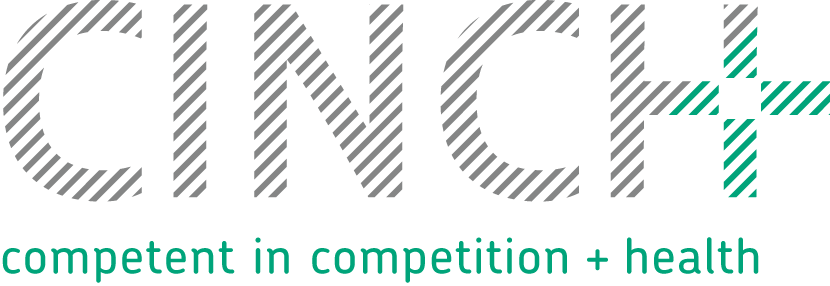Prenatal Transfers and Infant Health: Evidence from Spain
Prenatal Transfers and Infant Health: Evidence from Spain
Libertad González¹ (with Sofia Trommlerová¹)
1 Universitat Pompeu Fabra
We estimate the impact of a cash transfer to women on their (future) children’s birth outcomes, exploiting the introduction of a universal child benefit in Spain. Using administrative data from birth records and a regression discontinuity approach, we find that low-income women who received the benefit were much less likely to give birth to low birth-weight children, several years down the road. A 2,500-euro transfer led to a 2.2 decline in low birth-weight status among women in poor households. Given that about 6% of children were low birth-weight, this represents a 36% reduction. We find that the effect is driven by both longer gestation and faster intrauterine growth. We provide some evidence of improved maternal health behaviors and outcomes. Recent research suggests that benefits targeting pregnant women may be more effective than later interventions, given the strong persistence of fetal health effects. Our results suggest that the impact may be even stronger if women are targeted even earlier, before conception.

